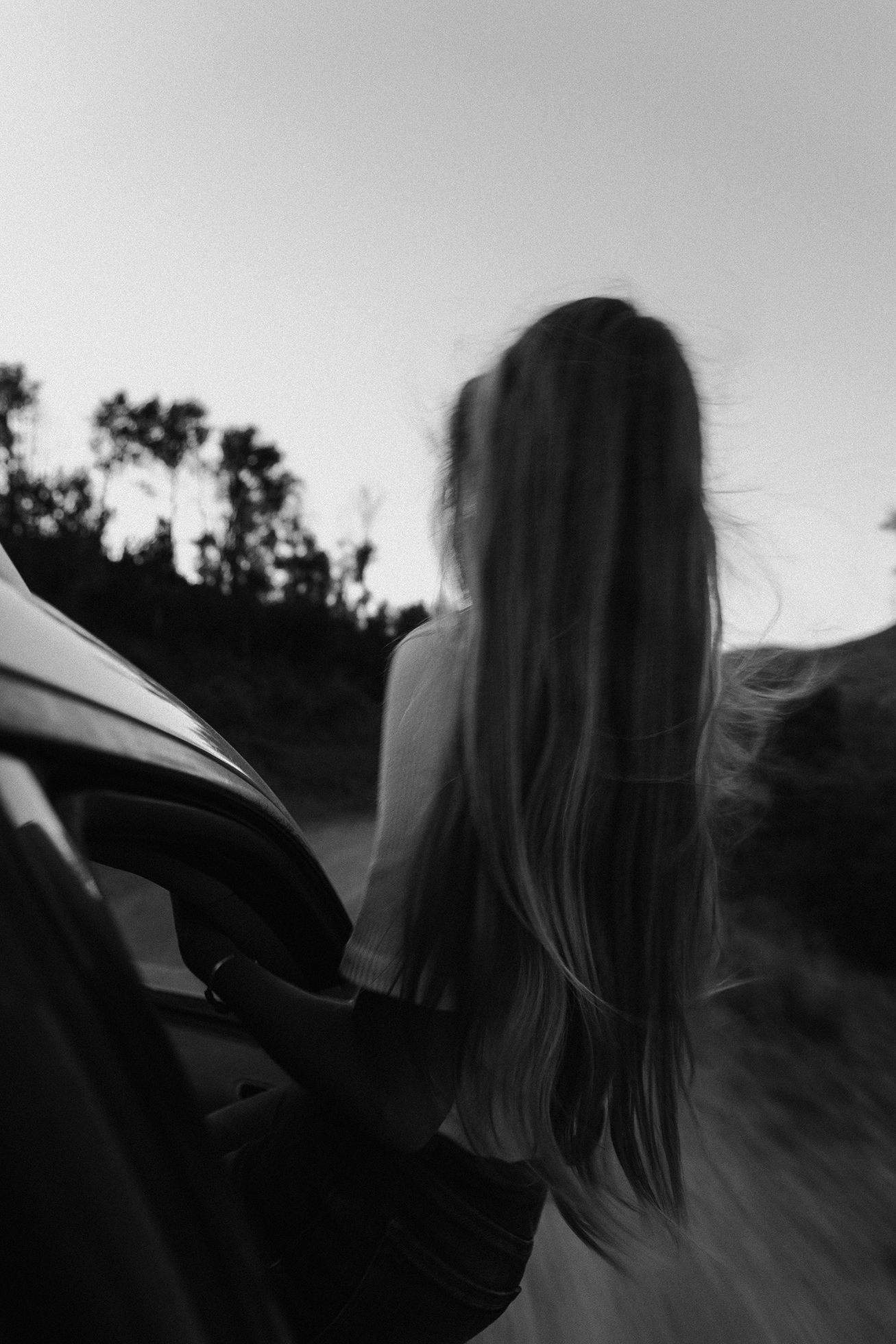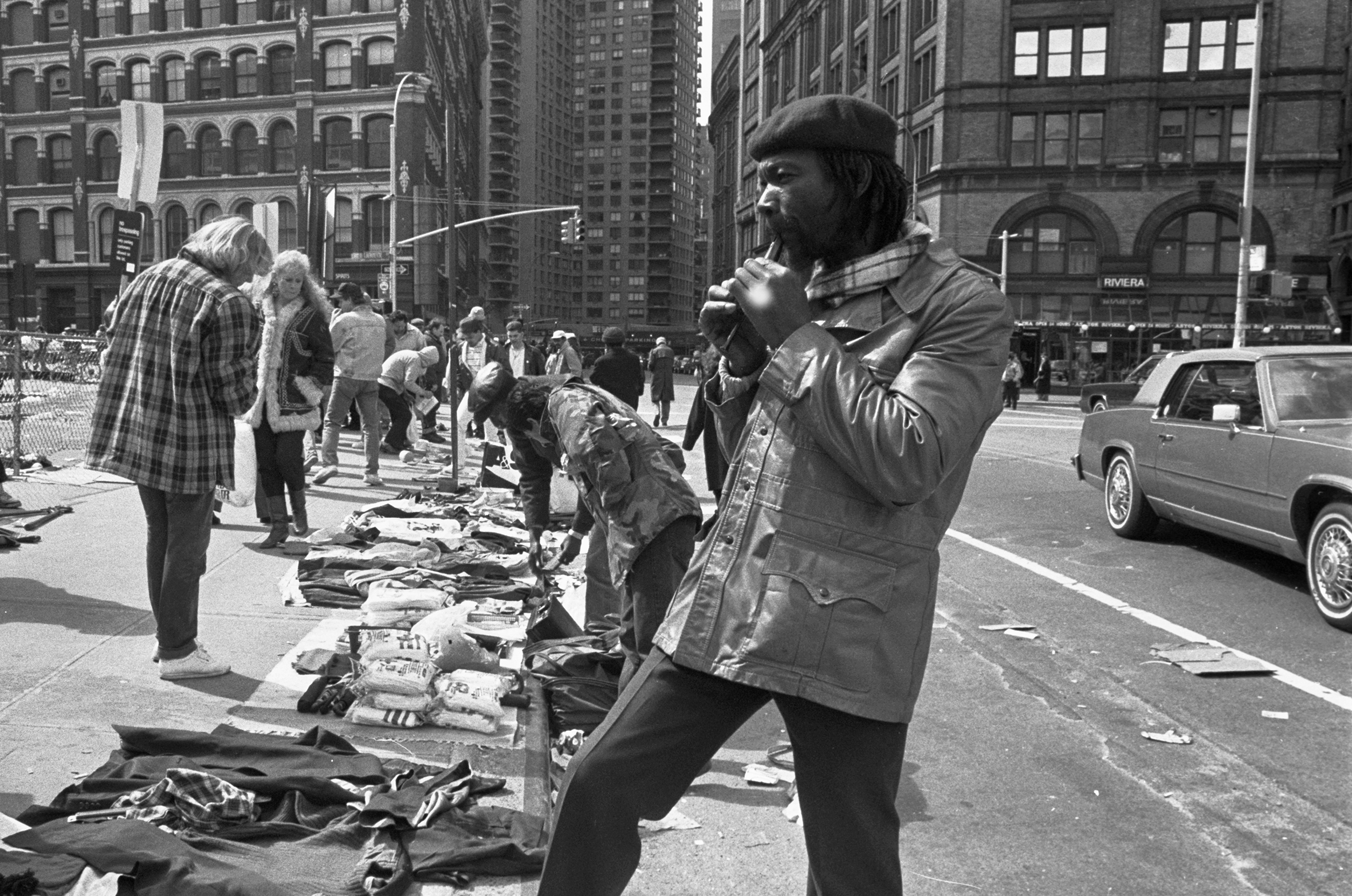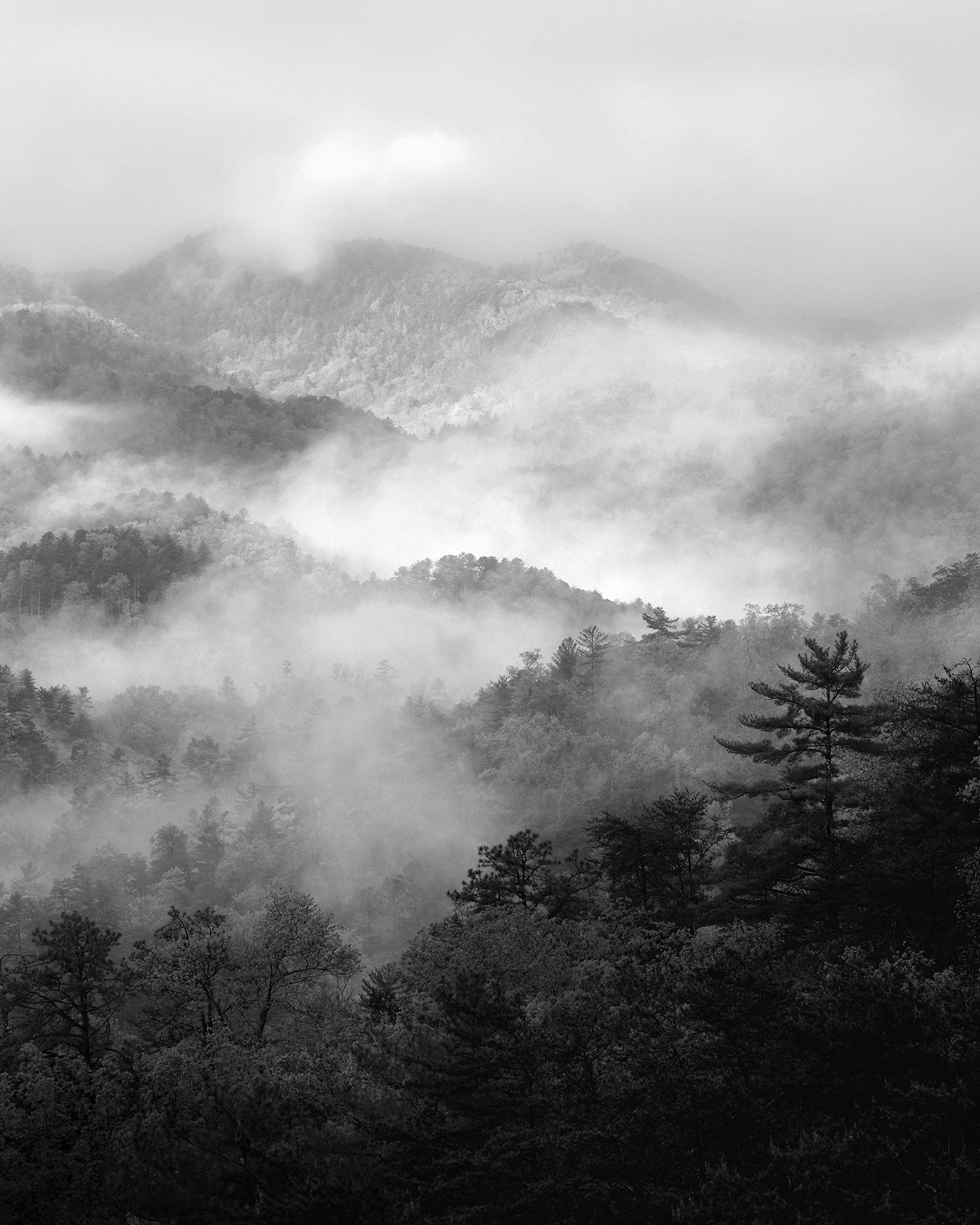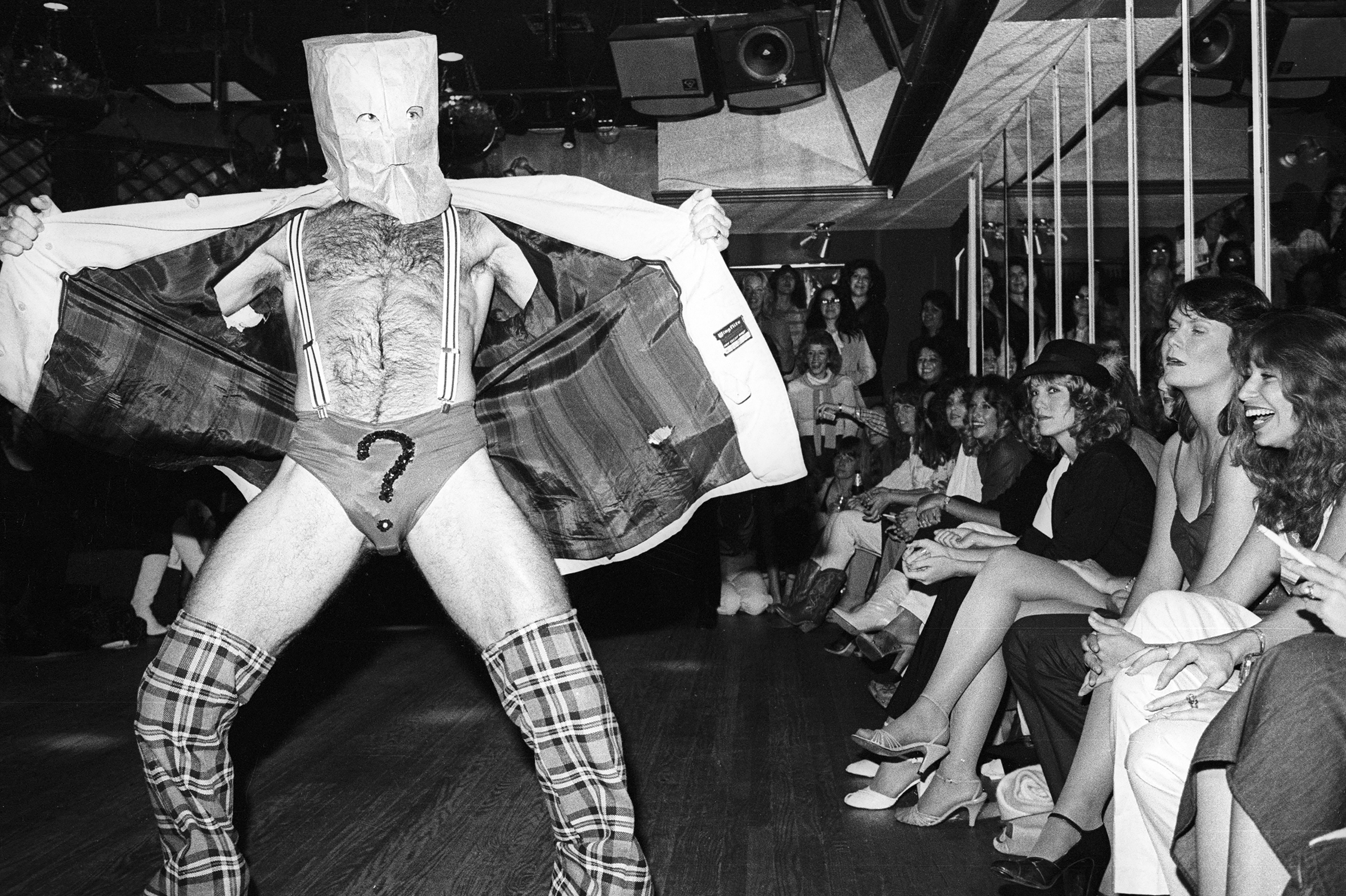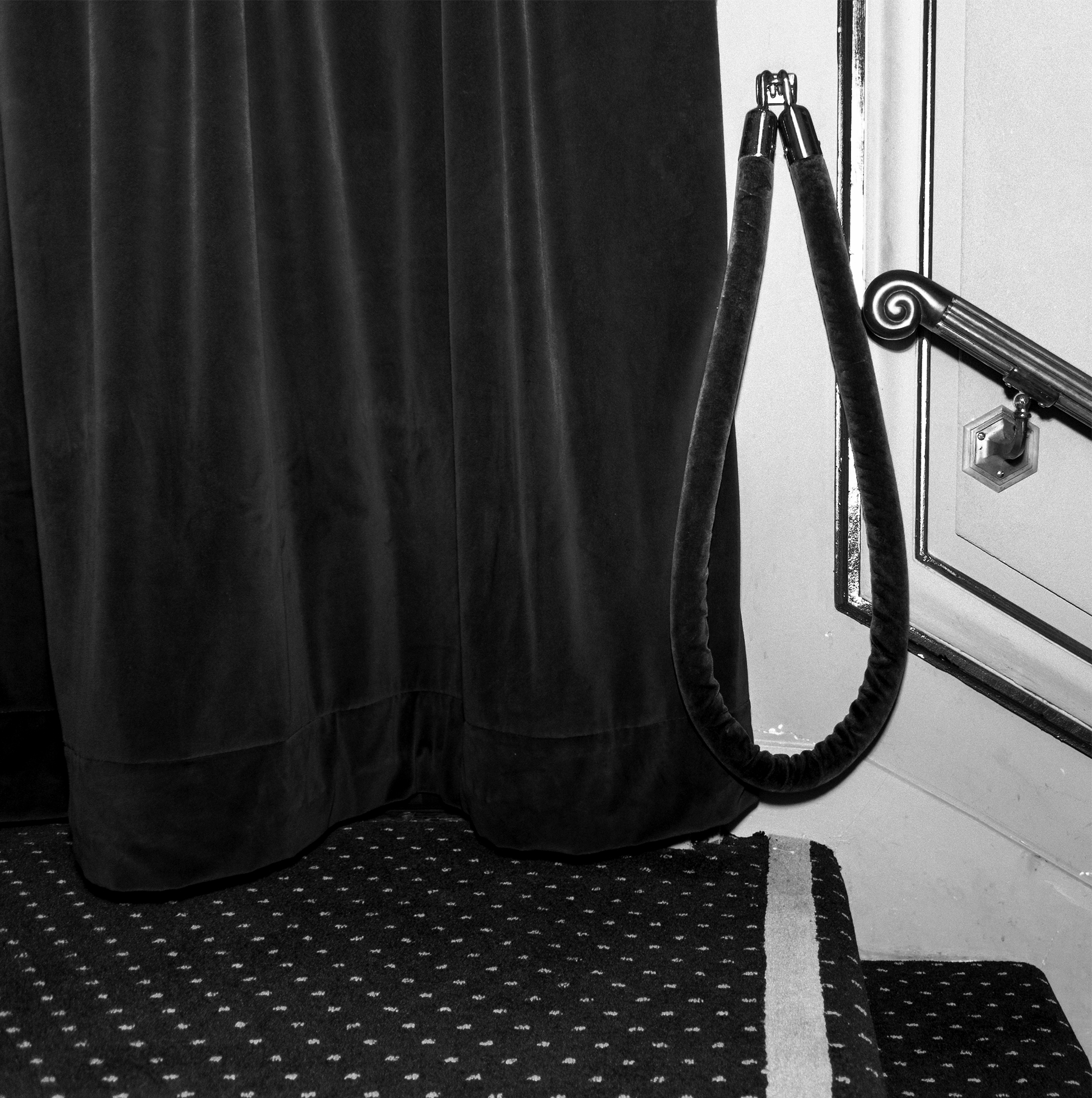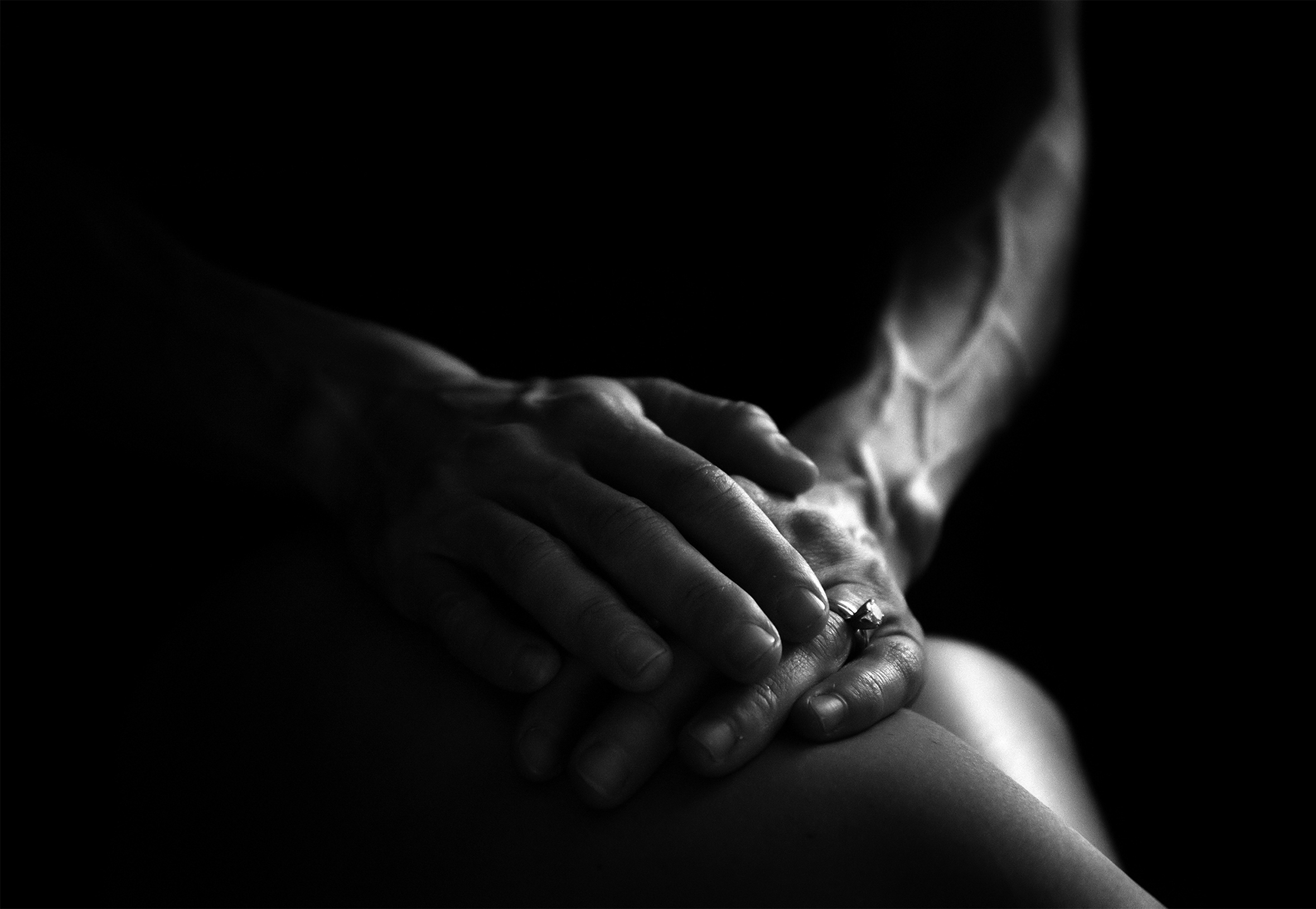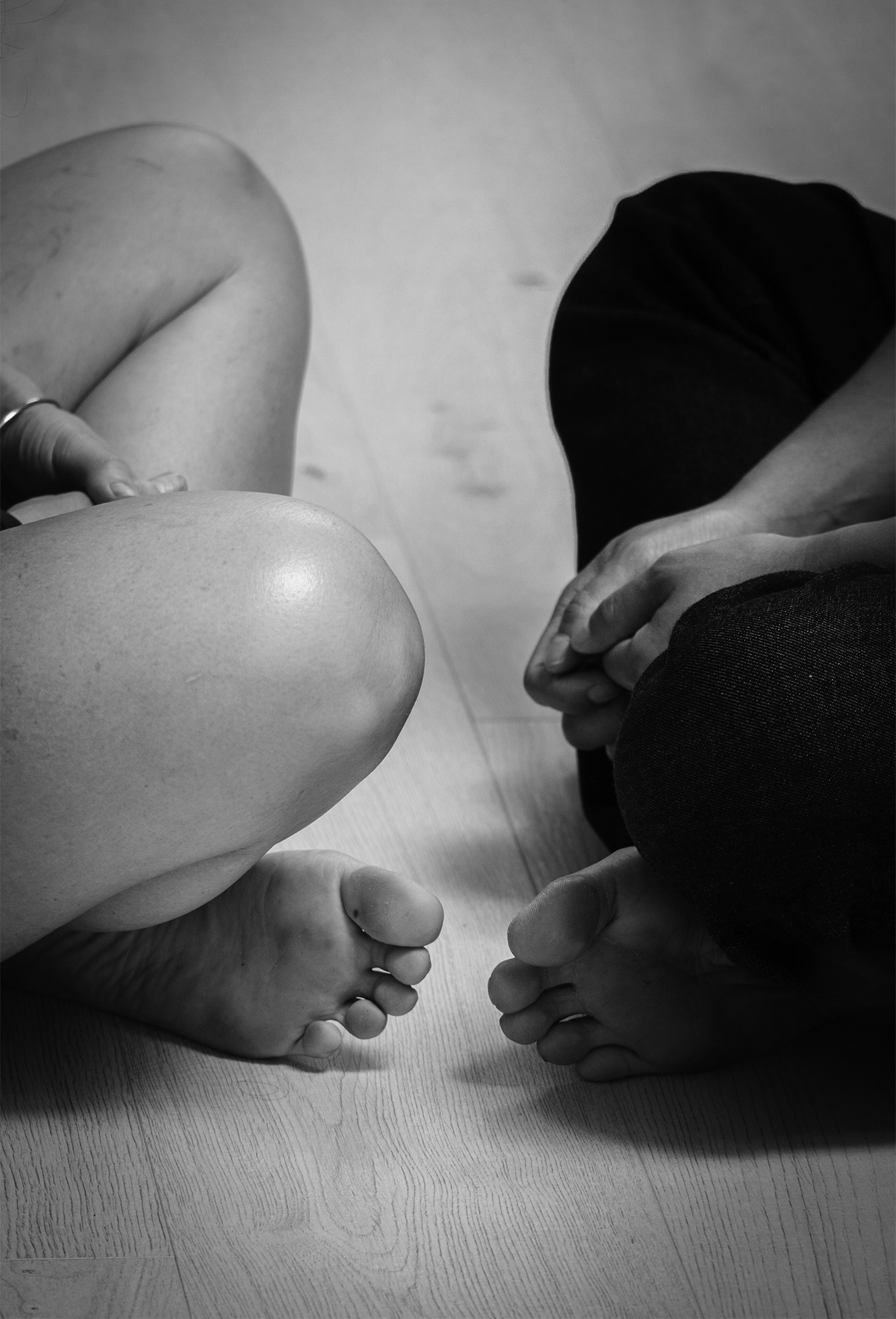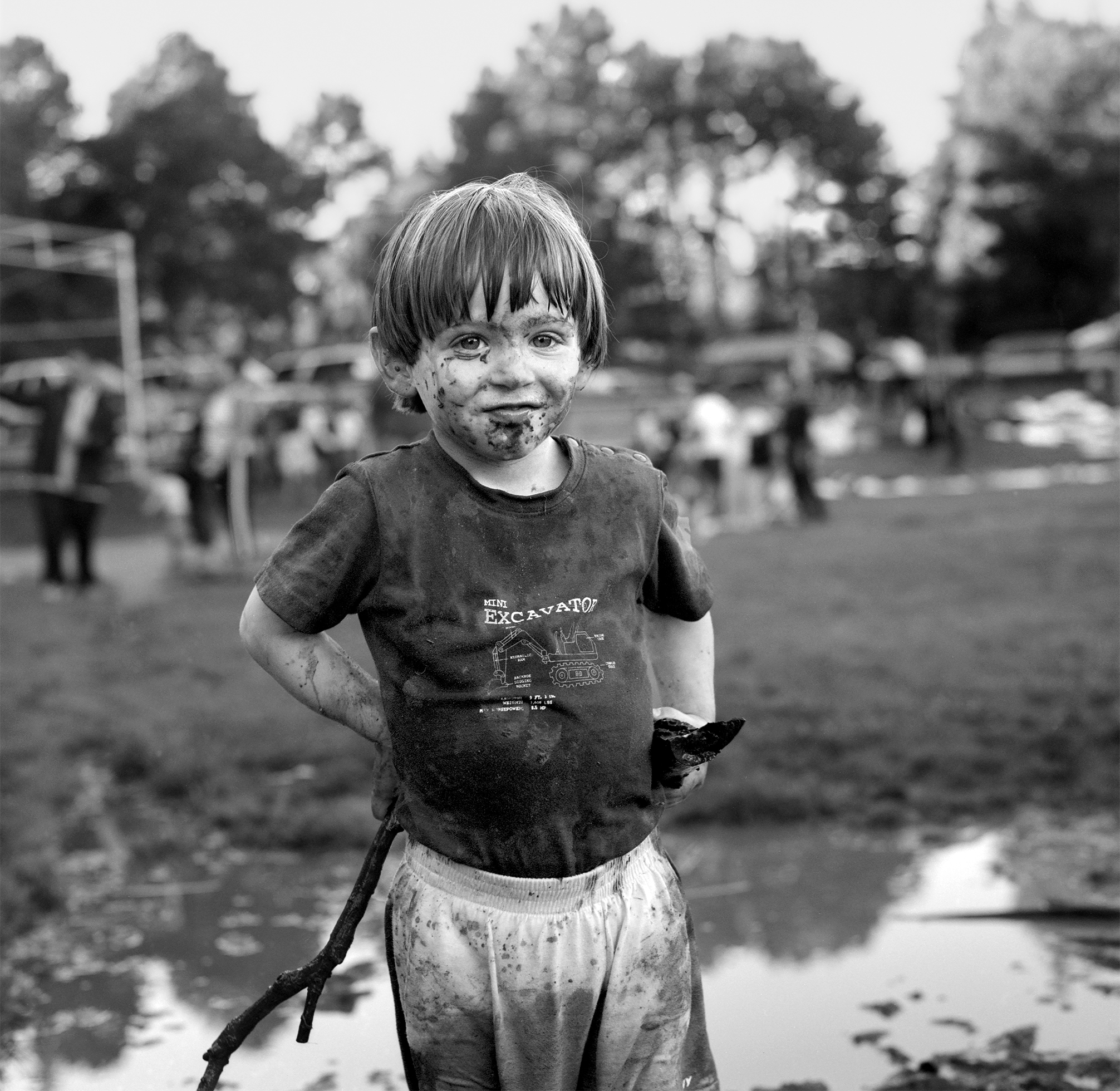Browse Topics
Parents
Bridge Kid
As I was dabbing up cookie crumbs, the toddler appeared at the top of the stairs, sucking his thumb and crying. Only then did it occur to me that the boys had not been back up in some time. I patted his damp hair and went to check on his brothers.
March 2024Yard Sales
Hunting for bargains, letting go of possessions, emptying out a home
March 2024Surrogates
Twin had lived inside a concrete kennel for four of her five years. Wylie, who also lived inside a concrete box, had gone to prison as a teen. He’d cared for Twin since she was a puppy, which meant he had likely opened her kennel to feed her and let her out thousands of times.
March 2024Don’t Think Too Hard about Avocados
I swear my brain wasn’t always like this. I used to daydream during church sermons, school lessons, and long bus rides. I may have been a shy, awkward nerd with good grades and bad social skills, but inside I was building worlds, whole continents created from nothing and populated with sprawling cities, brave heroes, and looming threats. These days the continents are barren, the heroes defenseless against spotted produce.
February 2024Fantasy
Calling a 1-900 number, moving to the tropics, writing fan fiction
February 2024Anger Management
Dr. B. spun a finger in the air, his signal to let the games begin. I think I called Michael a “no-good fucking loser,” a put-down one of my bosses had once leveled at me. I watched Michael’s hands form fists and the whites of his eyes get bigger.
January 2024Lumps of Coal
He was ten and drove a team of mules / through the shadows in mine shafts, / pulling a wagonload of coal / that glinted in the carbide light / anchored to his cotton cap.
December 2023Basements
I was considered “good,” considered a “good influence.” It amazed me — like the cool feeling of Marshall’s tongue on my labia had amazed me — that I could possess all of these qualities; that I could be both warm and cold, virtuous and defiant; and that someone could love me for all of it.
December 2023